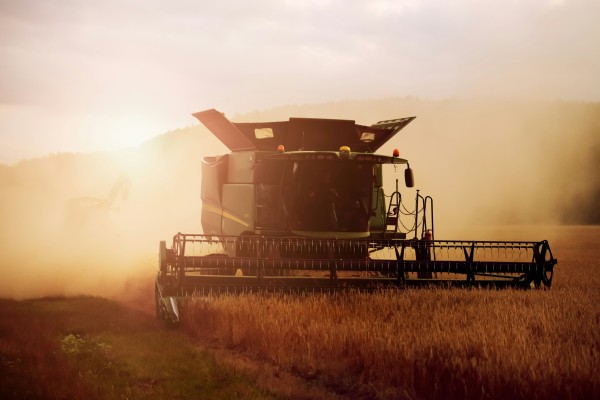Farms, Rural Estates & Land
Farms and Land Sales: Buying Tips
A Guide to Navigating the UK Agricultural Real Estate Market
Current Trends in UK Farms and Land Sales
The agricultural real estate market in the UK is experiencing a dynamic phase, driven by a combination of economic, environmental, and social factors. Recent data indicates a surge in demand for farmland, attributed to a growing interest in sustainable agriculture, food security, and rural living. The value of agricultural land has remained robust, with prime arable land averaging around £10,000 per acre, depending on location and quality.
Impact of Government Policies
Government policies, such as subsidies and grants, significantly influence the agricultural market. The introduction of the Environmental Land Management Scheme (ELMS) aims to reward farmers for sustainable practices and environmental stewardship. This shift is expected to impact land prices and encourage new entrants into the market.

Environmental Considerations
Environmental concerns are reshaping the agricultural landscape. Investors and farmers are increasingly prioritizing land with potential for renewable energy projects, such as solar and wind farms. Additionally, there is a heightened focus on biodiversity and soil health, driving demand for land suitable for organic farming and rewilding initiatives.

Rural Living and Lifestyle Farms
The COVID-19 pandemic has accelerated the trend of urban dwellers seeking rural properties. Lifestyle farms, which combine agricultural production with residential use, are particularly popular. Buyers are looking for properties that offer both a retreat from urban life and the opportunity to engage in small-scale farming or other rural enterprises.
Buying Tips for Prospective Landowners
Purchasing farmland in the UK requires careful consideration and due diligence. Here are some essential tips for prospective buyers:
1. Define Your Objectives
Before embarking on a land purchase, clearly define your objectives. Are you looking for a working farm, an investment property, or a lifestyle change? Understanding your goals will help narrow down your search and focus on properties that meet your needs.
2. Research the Market
Conduct thorough research on the local agricultural market. Familiarize yourself with current land values, recent sales, and market trends. Engage with local estate agents and agricultural consultants who can provide valuable insights and advice.
3. Assess the Land's Suitability
Evaluate the suitability of the land for your intended use. Consider factors such as soil quality, topography, climate, and water availability. If you plan to farm, ensure the land is capable of supporting your chosen crops or livestock. For renewable energy projects, assess the site's potential for solar or wind power generation.
4. Review Legal and Regulatory Requirements
Familiarize yourself with legal and regulatory requirements associated with land ownership and agricultural activities. Investigate any planning permissions, zoning laws, and environmental regulations that may affect the property's use. Seek legal counsel to navigate the complexities of land transactions.
5. Consider Financing Options
Explore various financing options available for purchasing agricultural land. Traditional mortgages, agricultural loans, and government grants are potential sources of funding. Work with financial advisors to determine the best financing strategy for your situation.
6. Inspect the Property
Conduct a thorough inspection of the property before making an offer. Look for any signs of environmental contamination, structural issues, or boundary disputes. Engage with professional surveyors and agronomists to assess the land's condition and potential.
7. Plan for the Future
Consider the long-term potential of the land. Evaluate future development possibilities, market trends, and potential changes in government policies. A forward-thinking approach will help ensure your investment remains viable and profitable.
Summary
The UK agricultural real estate market offers numerous opportunities for investors, farmers, and lifestyle buyers. By staying informed about market trends, government policies, and environmental considerations, and by following prudent buying practices, prospective landowners can navigate the complexities of the market and make sound investment decisions. As the demand for sustainable and productive farmland continues to grow, the future of UK farms and land sales looks promising and full of potential.

